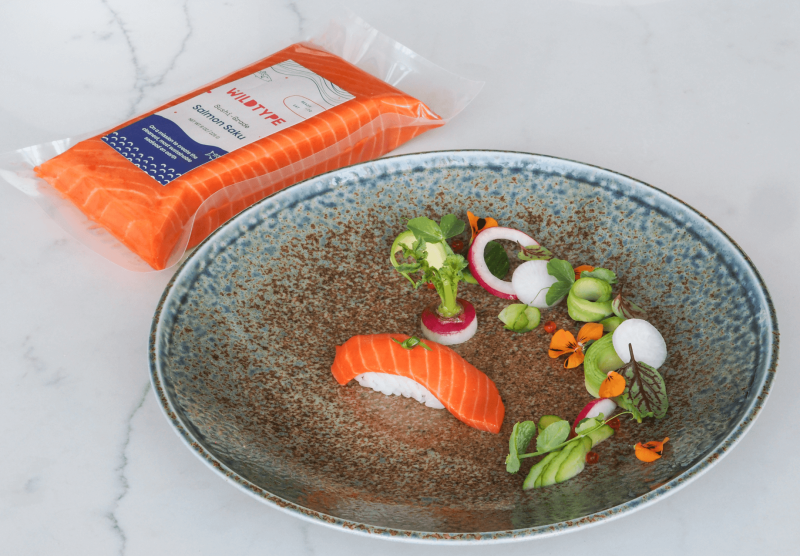Startups like BlueNalu and Wildtype have their sights set on first cracking into the high-end sushi market, with hopes of eventually cultivating more affordable species to make a dent in the 179 million-ton global fish trade. Wildtype’s [co-founder Justin] Kolbeck said that if they ever do take over a sizable portion of the seafood market, it won’t be until he and his co-founder have a lot more gray hair.
That realism is welcome, but technical progress is being made, if slowly. In October, BlueNalu announced two advancements in its goal of making bluefin tuna toro. The first was growing cells in suspension. Cells usually require some kind of surface on which to grow, so single-cell suspension saves precious space inside the bioreactor, meaning more cell-cultured tuna per batch
The second is what it calls its “lipid-loading” technology, in which the company, through how they process the cells and what they feed them, has figured out how to make the cells grow a customized amount of fat — which, as the name suggests, is the critical component of fatty bluefin tuna toro.
…
Of course, if culturing fish cells never becomes economically feasible, lab-grown seafood will become, at best, a technological delicacy. But that’s the gamble dozens of investors have eagerly taken, considering the oceanic stakes and the potential windfall to be earned.
































